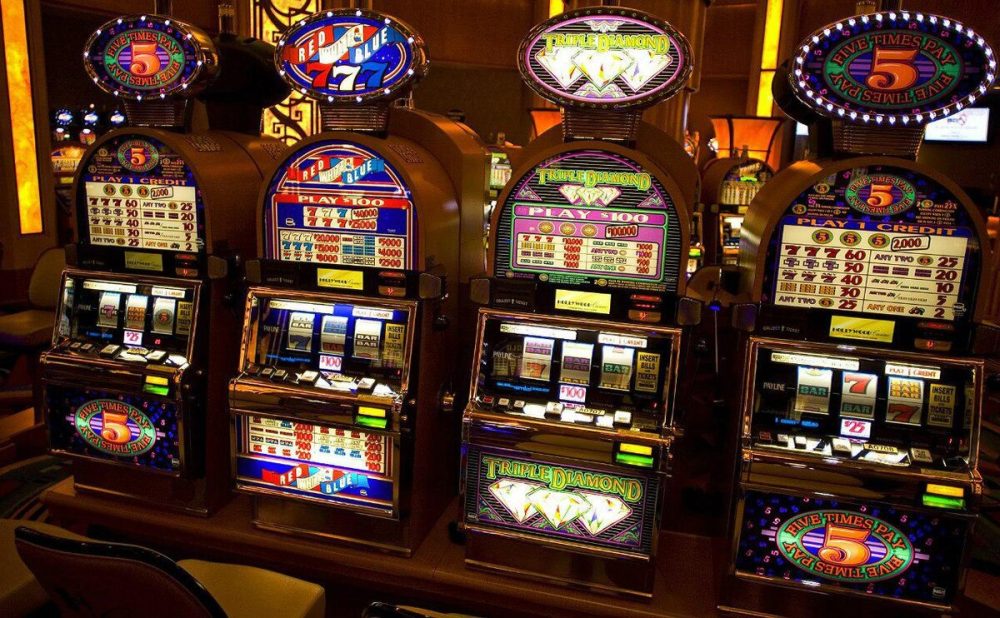Choosing a strategy and a disciplined approach are just part of success in the gambling environment. Understanding the mechanics also plays a significant role: games with the lowest casino advantage give participants more chances to win, reducing the risk of losses during a long session.
Mathematics, not just luck, becomes a key factor. Understanding rules, probabilities, and optimal bets allows increasing the RTP (return to player) to the maximum, along with control over the gaming process.

Why does the casino advantage matter?
The casino advantage is the mathematical expectation expressed in percentages, indicating how much, on average, the operator receives from each bet. If a game has a 1% advantage, the casino earns 1 unit of profit from each hypothetical 100-unit bet. The rest theoretically returns to players as payouts. Therefore, the lower the indicator, the higher the chance for a player to stay in the positive or at least maintain the balance.
Of course, the result always depends on the duration of the game, the variability of bets, and personal strategy. Nevertheless, by preferring games with the lowest casino advantage, one can build a long-term strategy with minimal losses.
Best games with the lowest casino advantage: which are easier to win?
Below are the best games to win in a casino, which have the smallest mathematical advantage for the platform, provided correct play and understanding of the rules:
- blackjack – with basic strategy and single-deck version, the casino advantage can be as low as 0.5%. Correct decisions in each situation reduce losses and increase RTP;
- baccarat – betting on the banker’s hand is one of the best in terms of expectation. The advantage is around 1.06%, making the session attractive for moderate risk takers;
- video poker – some versions, especially “Jacks or Better” with a full paytable, reach an RTP of 99.54%. It is important to choose the right combination and paytable;
- craps – the “pass line” and “don’t pass” bets are among the most advantageous mathematically. The advantage is around 1.41%, while the game is dynamic and exciting;
- betting on outside fields in roulette – when playing the French or European version (single zero), the casino advantage ranges from 1.35% to 2.7%, depending on the type of bets;
- player versus player poker – here the casino takes a rake, but with the right skill level, a participant can regularly defeat opponents and turn skill into a source of stable winnings.
By playing these formats, participants have more chances for a long session and capital preservation, making games with the lowest casino advantage an optimal choice for a strategic battle.
How to reduce the casino advantage: strategy and discipline
Even in the most favorable formats, players make mistakes that increase the platform’s chances of winning. That’s why it’s important to follow a proven strategy. Below are effective methods to minimize the impact of the inherent advantage:
- choose games with the highest RTP and low variance;
- study paytables and use basic strategy (especially in blackjack and video poker);
- avoid high house edge bets (e.g., any pair bets in American roulette);
- control bets and limit the number of rounds within a session;
- use bonuses, free spins, and loyalty programs to compensate for losses.
These techniques allow experienced participants to maintain their balance and not lose control even in unfavorable outcomes, which is especially important when choosing games with the lowest casino advantage.
Slots with high RTP – an exception to the rule?
Despite the stereotype of “balance eaters,” some slots can boast a return of 96-98%, and sometimes even higher. However, unlike table games, slots have higher volatility. This means that even with a high RTP, a short session can end in significant losses.
Professionals use such slots as an auxiliary element of their strategy. They activate bonuses and free spins, choose slots with fixed lines, and avoid progressive jackpots, where the casino advantage is increased due to low base returns.
The role of statistics and probabilities
Successful participants do not rely on intuition. They use statistics, calculate the probabilities of combinations, analyze past sessions, and assess the chances of winning in each individual round. It is through the prism of mathematics that games with the lowest casino advantage are perceived – as a system that can be controlled and calculated.
Knowledge of probabilities is especially important in backgammon, craps, and poker, where the result depends on a combination of skills, luck, and calculation. Strong players do not miss the chance to extract practical benefits from statistics!
Online format: are there any differences?
Transitioning to the online format has given players more flexibility. The ability to choose games based on RTP, track conditions, control bets, and participate in bonus promotions has expanded the arsenal of tools. However, it is important to understand that the basic laws still apply: the lower the inherent advantage, the higher the likelihood of preserving money and turning participation into a strategy rather than chance.
Online table games provide more transparency: rules are fixed, the deck is known, and the dealer’s actions are not subject to random factors. This is especially relevant in baccarat, blackjack, and video poker, where any glitch can cost a significant amount.

Conclusion
Choosing the right format is the basis of successful gambling. Preference should be given to games with the lowest casino advantage, allowing for a smart strategy, maximizing bonus usage, and minimizing risks. The key to success lies in discipline, knowledge of rules, reasonable bets, and the ability to analyze the mathematics of each session.
Understanding payout structures, RTP specifics, and the influence of strategy on outcomes differentiate professionals from casual players. And it is in this approach that the difference between loss and stable, controlled participation in games, where mathematics is more important than impulse, lies.
 en
en  ru
ru  de
de  ar
ar  es
es  nl
nl  fr
fr  it
it  pt
pt  hi
hi  el
el 









